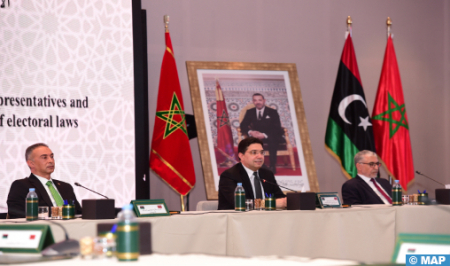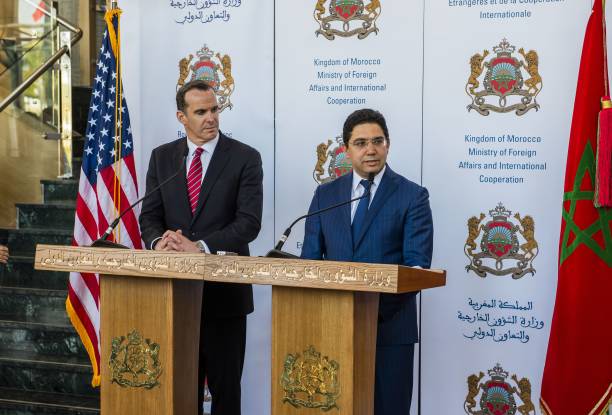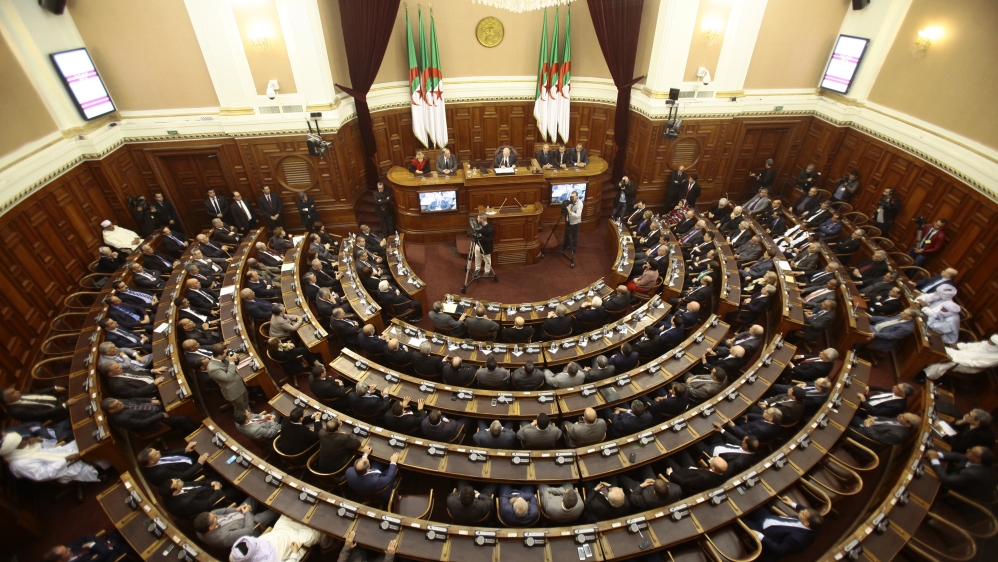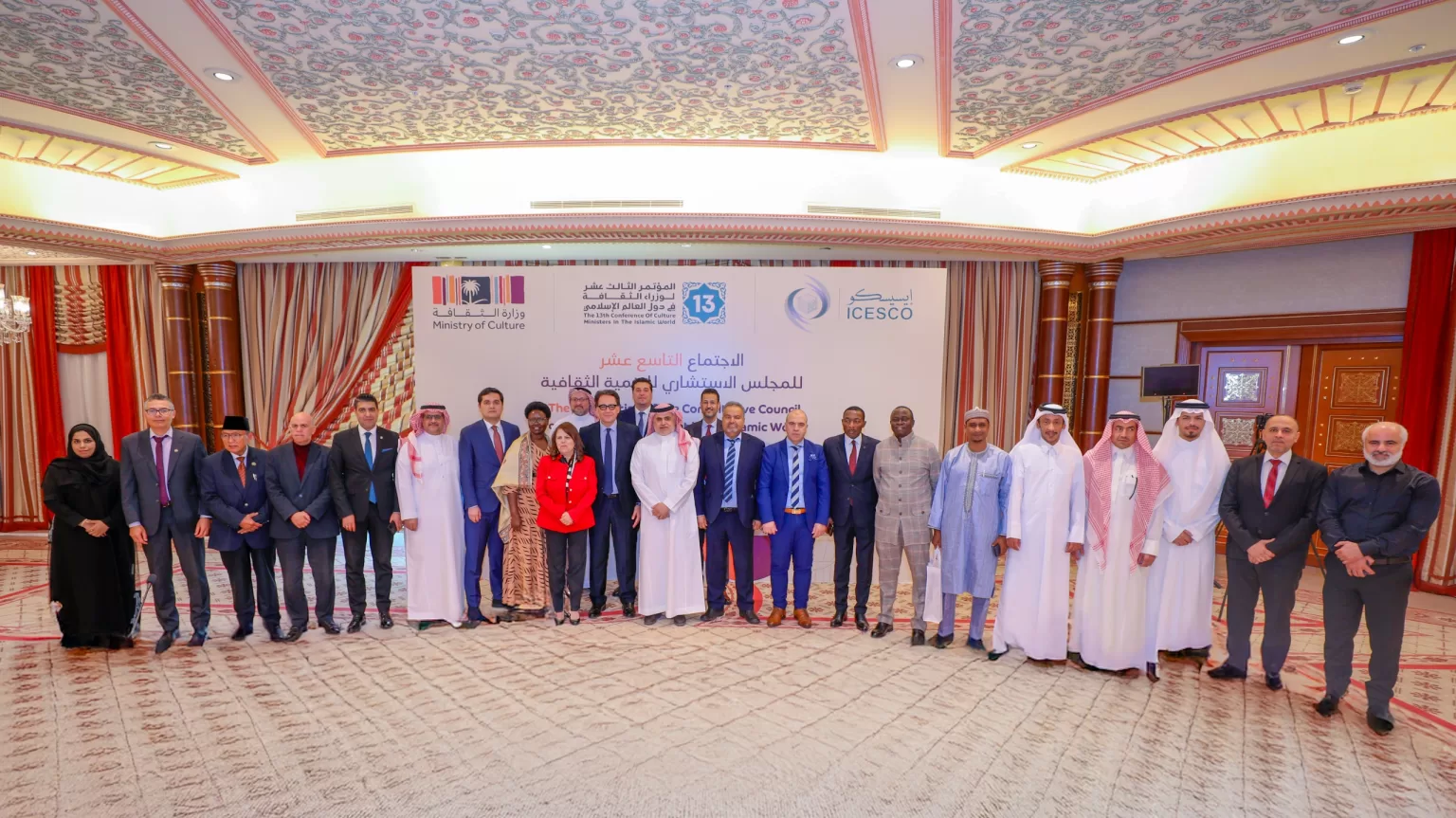The Libyan joint committee of the House of Representatives and High Council of State (6+6) has reached in the Moroccan city of Bouznika an agreement on the rules of the upcoming presidential and parliamentary elections due by end of this year.
The inter-Libyan agreement was reached Tuesday night after two weeks of debates and negotiations between members of the joint committee, tasked with drafting electoral laws of these important polls for peace and stability.
The joint committee agreement will be referred in the few days to the House of Representatives and High Council of State for final endorsement.
During the closing ceremony, Moroccan foreign minister Nasser Bourita said the Bouzkina agreement is an important forward step in the process of finding a lasting and peaceful solution to the Libyan crisis, noting that members of the joint committee have accomplished their mission.
Morocco is convinced that elections are the only way to solve the Libyan crisis, said Bourita, affirming that the electoral process cannot succeed without the involvement of all Libyans and that the solution will come only from the Libyans.
For his part, HoR member Jalal Shuwehdi thanked Morocco for hosting and supporting this new round of inter-Libyan dialogue to end crisis and violence rocking his country.
High State Council member Omar Abu Lifa said the joint committee has agreed upon all points related to electoral law which needs now to be approved by the Parliament in order to hold these long-delayed elections prolonging the country’s crisis and violence that are affecting regional peace and stability.
During latest UN Security Council meeting on Libya, UN envoy for Libya Abdoulaye Bathily said it is vital for the success of elections that all components of Libyan society are involved and have their voices heard, noting that the UN Support Mission in Libya has facilitated the 5+5 Joint Military Commission’s engagement with Libyan security and military actors — including armed groups from western, eastern and southern Libya to promote the country’s territorial integrity, further national reconciliation, strengthen the ceasefire and mobilize all armed actors for election security.



